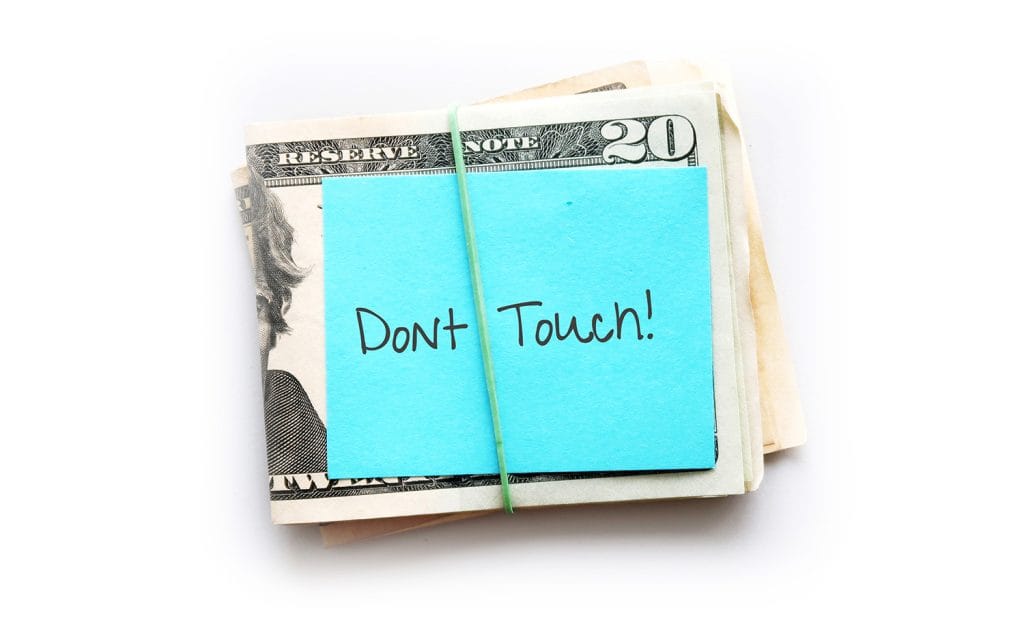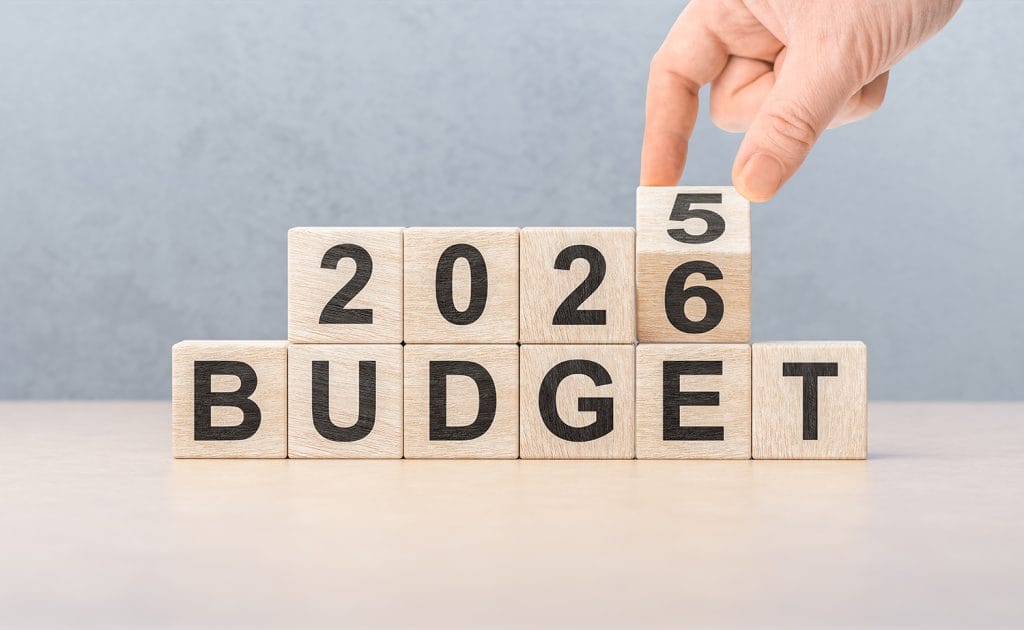
Expect the Unexpected: Why You Need an Emergency Fund
Having money on hand to cover unexpected bills is good for your financial health. Learn about starting an emergency fund.
Social media platforms have become a popular and convenient way to discover new brands and products. However, an increasing number of scammers are using these platforms to create fake companies and peddle nonexistent merchandise.
What Is a Social Media Shopping Scam?
In this scam, dishonest people create fake online stores or profiles on popular social media platforms. They often steal logos, photos, and product descriptions from legitimate brands to appear authentic. These scammers might even interact with potential customers, answering questions and providing seemingly helpful information. However, their goal is to collect payment information and disappear without delivering the promised products.
Example of the Scam
Maria sees a sponsored ad on Instagram for a pair of sunglasses at 50% off. The ad features high-quality photos and links to a seemingly professional website. Maria follows the link and finds glowing reviews from other customers. Convinced it’s a legitimate company, she places an order using her credit card. However, weeks go by, and the sunglasses never arrive. When she tries to contact the company through its website or social media, she receives no response.
Tips for Protecting Yourself
If You’ve Been Scammed

Having money on hand to cover unexpected bills is good for your financial health. Learn about starting an emergency fund.

Learn seven ways you can raise your credit score and improve creditworthiness.

Learn the essential basics of budgeting, plus practical tips designed to foster better money habits.
Copied to clipboard!